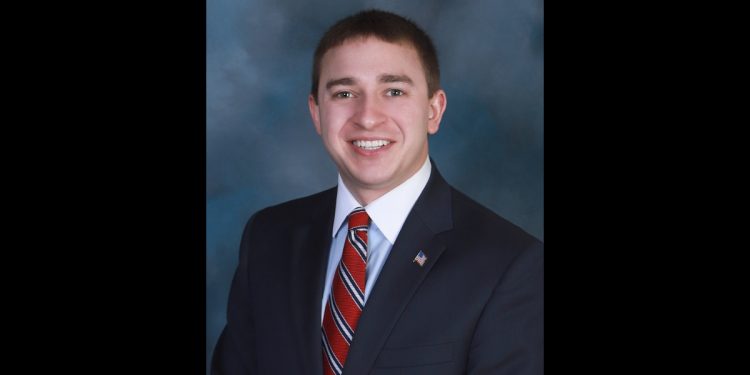By District Attorney Ryan Sayers
2023 Vol. 35
This week we conclude our discussion on when a district attorney can and cannot handle civil matters.
Over the last couple of weeks, I told you about two statutes that permit a district attorney to handle civil matters, in his or her official capacity, on behalf of all of the people of the county.
It is inevitable in those kinds of conversations that someone will ask, “can’t you handle a case through your private law office?”
Or another question that I regularly get out in public is, “hey, can you give me some advice on ________?”
I have to respond to these types of inquiries by stating that I could get in trouble and potentially removed as DA if I were to take on a private client.
There is a specific statute in Pennsylvania that states, “[i]n a county where the office of district attorney is full-time, the district attorney shall devote full-time to the office. . .”.
“In addition, the district attorney shall not engage in any private practice and must be completely disassociated with any firm . . .”
The caveat to this is that part-time district attorneys are permitted to have an outside law practice. Currently, there are still three of the 67 district attorneys that are in small rural counties and are part-time.
Clearfield County, as a sixth-class county, has a full-time district attorney, and thus I am not permitted to have any private clients or give private legal advice, which is the reason for the disclaimer at the bottom of every one of these articles.
Next week, we will move onto a new question or set of questions submitted by you, the readers, of these articles.
Ryan Sayers is the elected District Attorney of Clearfield County, Pennsylvania.
The information contained in this article is provided for informational and educational purposes only, and should not be construed as legal advice on any subject matter.
You should not act or refrain from acting on the basis of any content included in this article without seeking legal or other professional advice.
The contents of these articles contain general information and may not reflect current legal developments or address your situation.



